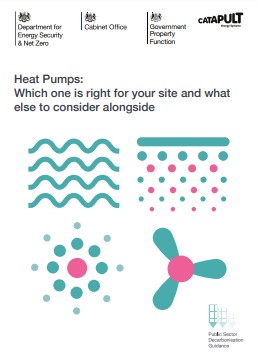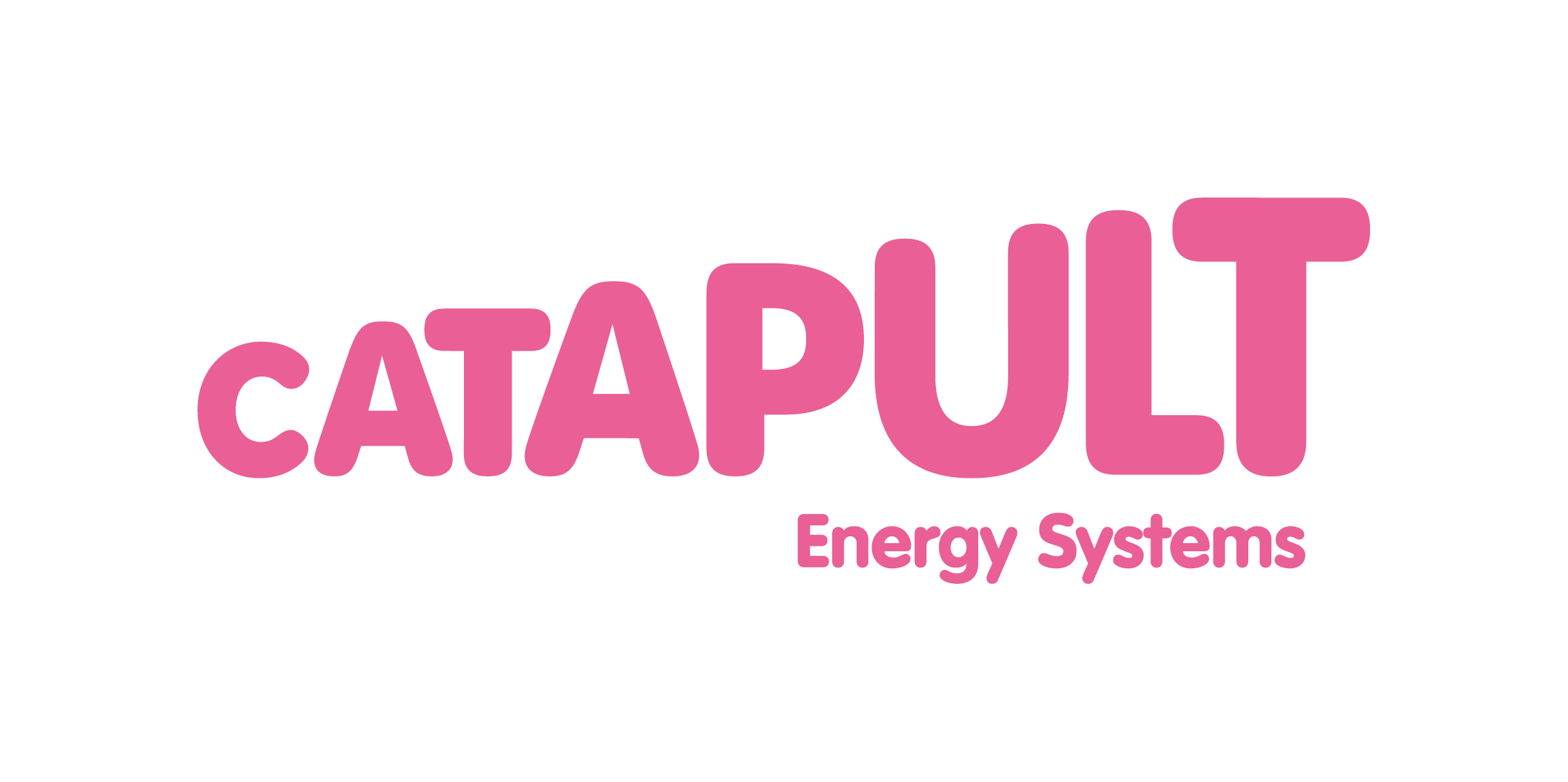This guide has been developed to give guidance on what heat pump types may be appropriate for a particular site or situation.
What is the purpose of this guide?
 As part of a programme funded by the Department for Energy Security & Net Zero (DESNZ), the Energy Systems Catapult has produced guidance for public sector entities to support them in the decarbonisation of their built estates, with a particular focus on taking a whole building approach to decarbonising heat. These guides give an overview of all the activities required to successfully develop and deliver a decarbonisation programme.
As part of a programme funded by the Department for Energy Security & Net Zero (DESNZ), the Energy Systems Catapult has produced guidance for public sector entities to support them in the decarbonisation of their built estates, with a particular focus on taking a whole building approach to decarbonising heat. These guides give an overview of all the activities required to successfully develop and deliver a decarbonisation programme.
This guide has been developed to give guidance on what heat pump types may be appropriate for a particular site or situation. It also provides insight into what complementary technologies and measures should be considered alongside a heat pump installation and some alternative electric heating solutions. It is structured to provide high-level information initially, then enables you to dive down into more detail in the later parts of the guide. References are signposted throughout the document to allow a reader to explore further detail.
Why are heat pumps important for decarbonisation?
Heat pumps are an efficient way of providing heat that only uses electricity. Because electricity can be generated from renewable sources, heat pumps can provide heat without generating any carbon emissions.
Although, the electricity grid is not yet fully decarbonised, it will be over time. More significantly, due to heat pump efficiencies and electricity carbon intensity, heat pumps already out perform gas boilers in terms of energy use, that is, for every unit of energy you put in, you get more heat out of a heat pump compared with a traditional gas boiler. For some organisations it may currently be possible to power heat pumps from totally renewable sources for example on-site renewable generation or via certain Power Purchase Agreement (PPA) types, leading to an immediate and significant reduction in carbon emissions.
Heat pumps can be used for space/central heating and domestic-like hot water requirements, but they might not be suitable for every type of heat needed by an organisation. This guide focuses on large-scale heat pumps, whether they be for a campus style multi-building system or for a single larger building. This is because there is more publicly available guidance on single-building domestic-scale heat pumps.

